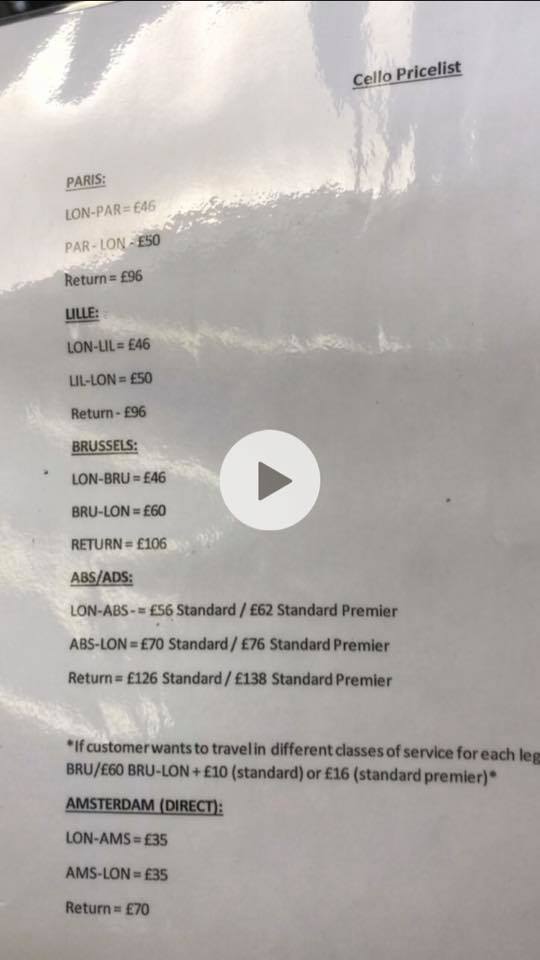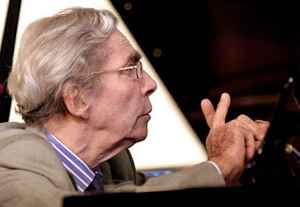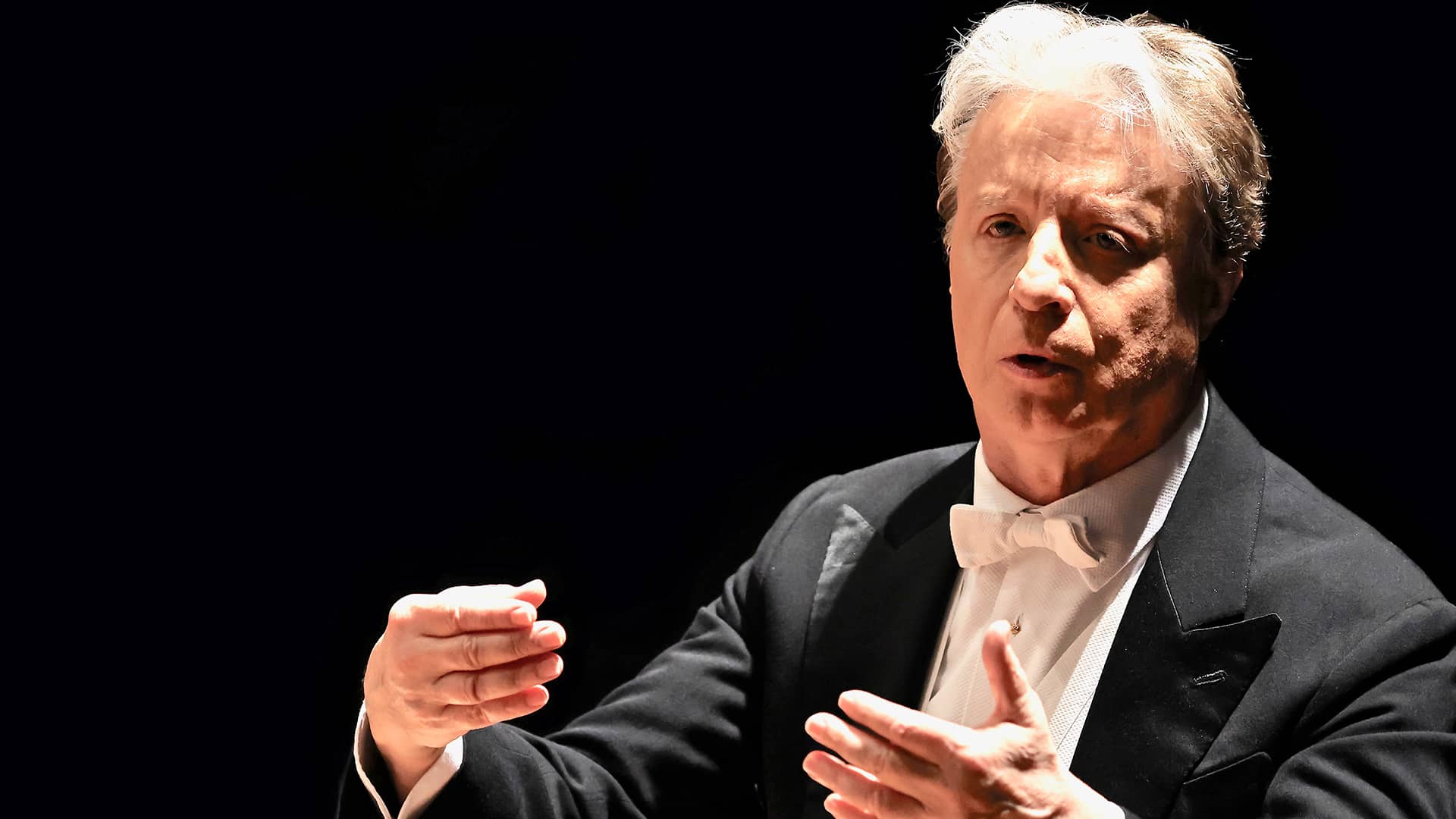Sneak thieves: Eurostar doubles cello fees
mainFrom Robin Michael:
Overnight, Eurostar have DOUBLED their prices to take a cello onboard their services. This is during a time where each traveller even has an empty seat next to them. A £58 aller-retour/return has just become £96.

Robin tells Slippedisc: ‘As someone who lives in London and has a principal cello position in Paris with Les Siècles, brexit is making my life hell enough without the doubling of costs for just taking the cello on the train. No other train operator in the world charges for a cello and furthermore it fits above the seats.

We’re waiting to hear back from Eurostar.





Comments